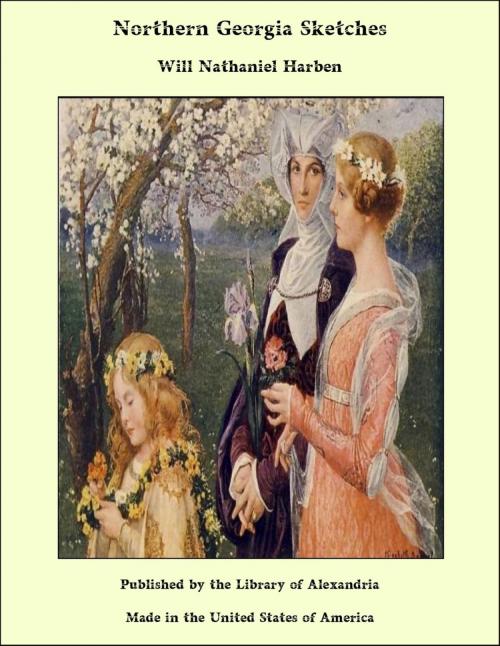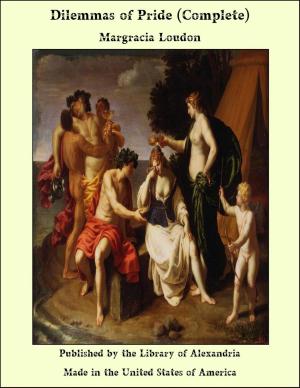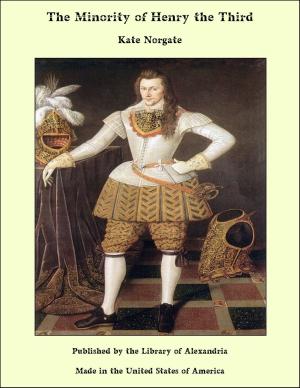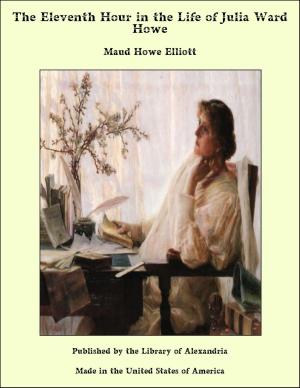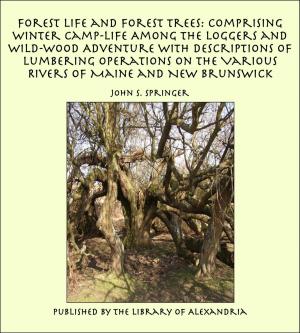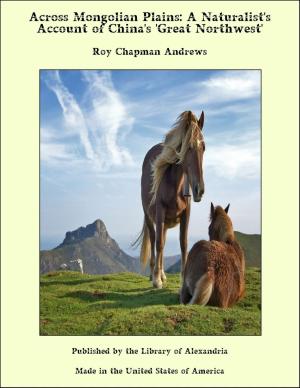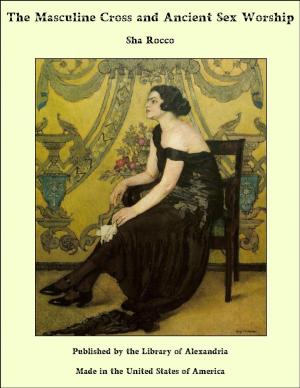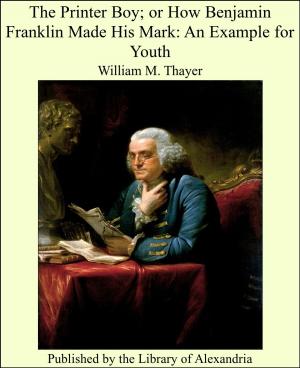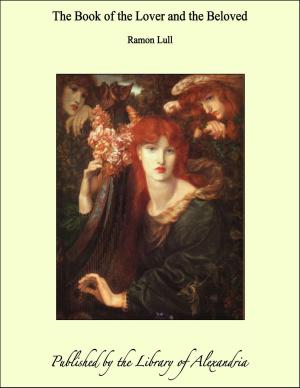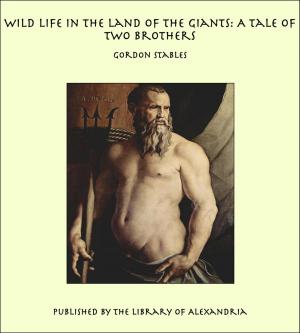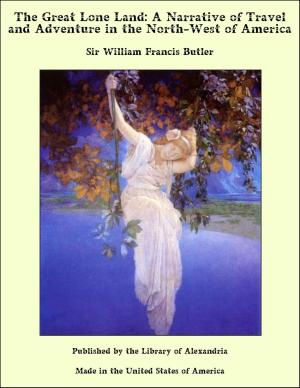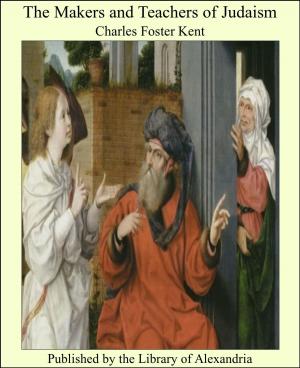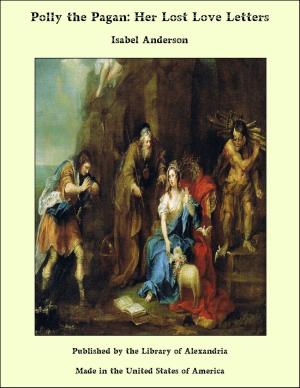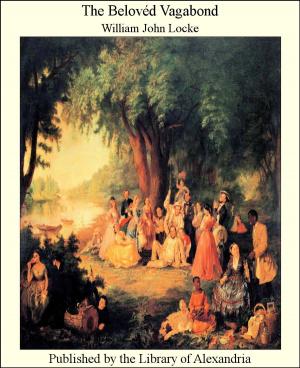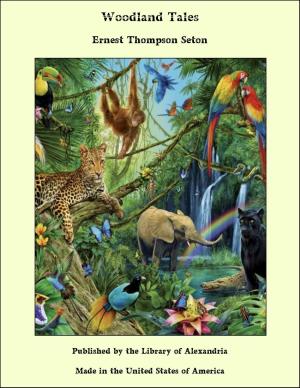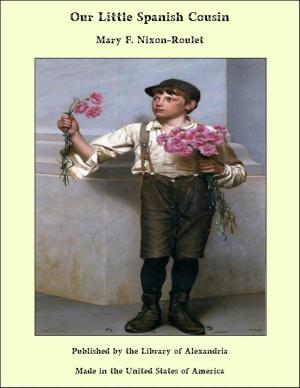Northern Georgia Sketches
Nonfiction, Religion & Spirituality, New Age, History, Fiction & Literature| Author: | Will Nathaniel Harben | ISBN: | 9781465614452 |
| Publisher: | Library of Alexandria | Publication: | March 8, 2015 |
| Imprint: | Language: | English |
| Author: | Will Nathaniel Harben |
| ISBN: | 9781465614452 |
| Publisher: | Library of Alexandria |
| Publication: | March 8, 2015 |
| Imprint: | |
| Language: | English |
Andrew Duncan and his wife trudged along the unshaded road in the beating sunshine, and paused to rest under the gnarled white-trunked sycamore trees. She wore a drooping gown of checked homespun, a sun-bonnet of the same material, the hood of which was stiffened with invisible strips of cardboard, and a pair of coarse shoes just from the shop. Her husband was barefooted, his shirt was soiled, and he wore no coat to hide the fact. His trousers were worn to shreds about the ankles, but their knees were patched with new cloth. “I never was as thirsty in all my born days,” he panted, as he looked down into the bluish depths of a road-side spring. “Gee-whilikins! ain’t it hot?” “An’ some fool or other’s run off with the drinkin’-gourd,” chimed in his wife. “Now ain’t that jest our luck?” “We ‘ll have to lap it up dog-fashion, I reckon,” Andrew replied, ruefully, “an’ this is the hardest spring to git down to I ever seed. Hold on, Ann; I ‘ll fix you.” As he spoke he knelt on the moss by the spring, turned his broad-brimmed felt hat outside in, and tightly folded it in the shape of a big dipper. He filled it with water, and still kneeling, held it up to his wife. When their thirst was satisfied, they turned off from the road into a path leading up a gradual slope, on the top of which stood a three-roomed log cabin. “They are waitin’ fer us,” remarked Duncan. “I see ‘em out in the passage. My Lord, I wonder what under the sun they ‘ll do with Big Joe. Ever’ time I think of the whole business I mighty nigh bu’st with laughin’.” Mrs. Duncan smiled under her bonnet. “I think it’s powerful funny myself,” she said, as she followed after him, her new shoes creaking and crunching on the gravel. To this observation Duncan made no response, for they were now in front of the cabin. An old man and an old woman sat in the passage, fanning their faces with turkey-wing fans. They were Peter Gill and his wife, Lucretia. The latter rose from her chair, which had been tilted back against the wall, and with clattering heels, shambled into the room on the right. “I reckon you’d ruther set out heer whar you kin ketch a breath o’ air from what little’s afloat,” she said, cordially, as she emerged, a chair in either hand. Placing the chairs against the wall opposite her husband, she took a pair of turkey-wings from a nail on the wall and handed them to her guests, and with a grunt of relief resumed her seat. For a moment no one spoke, but Duncan presently broke the silence.
Andrew Duncan and his wife trudged along the unshaded road in the beating sunshine, and paused to rest under the gnarled white-trunked sycamore trees. She wore a drooping gown of checked homespun, a sun-bonnet of the same material, the hood of which was stiffened with invisible strips of cardboard, and a pair of coarse shoes just from the shop. Her husband was barefooted, his shirt was soiled, and he wore no coat to hide the fact. His trousers were worn to shreds about the ankles, but their knees were patched with new cloth. “I never was as thirsty in all my born days,” he panted, as he looked down into the bluish depths of a road-side spring. “Gee-whilikins! ain’t it hot?” “An’ some fool or other’s run off with the drinkin’-gourd,” chimed in his wife. “Now ain’t that jest our luck?” “We ‘ll have to lap it up dog-fashion, I reckon,” Andrew replied, ruefully, “an’ this is the hardest spring to git down to I ever seed. Hold on, Ann; I ‘ll fix you.” As he spoke he knelt on the moss by the spring, turned his broad-brimmed felt hat outside in, and tightly folded it in the shape of a big dipper. He filled it with water, and still kneeling, held it up to his wife. When their thirst was satisfied, they turned off from the road into a path leading up a gradual slope, on the top of which stood a three-roomed log cabin. “They are waitin’ fer us,” remarked Duncan. “I see ‘em out in the passage. My Lord, I wonder what under the sun they ‘ll do with Big Joe. Ever’ time I think of the whole business I mighty nigh bu’st with laughin’.” Mrs. Duncan smiled under her bonnet. “I think it’s powerful funny myself,” she said, as she followed after him, her new shoes creaking and crunching on the gravel. To this observation Duncan made no response, for they were now in front of the cabin. An old man and an old woman sat in the passage, fanning their faces with turkey-wing fans. They were Peter Gill and his wife, Lucretia. The latter rose from her chair, which had been tilted back against the wall, and with clattering heels, shambled into the room on the right. “I reckon you’d ruther set out heer whar you kin ketch a breath o’ air from what little’s afloat,” she said, cordially, as she emerged, a chair in either hand. Placing the chairs against the wall opposite her husband, she took a pair of turkey-wings from a nail on the wall and handed them to her guests, and with a grunt of relief resumed her seat. For a moment no one spoke, but Duncan presently broke the silence.
